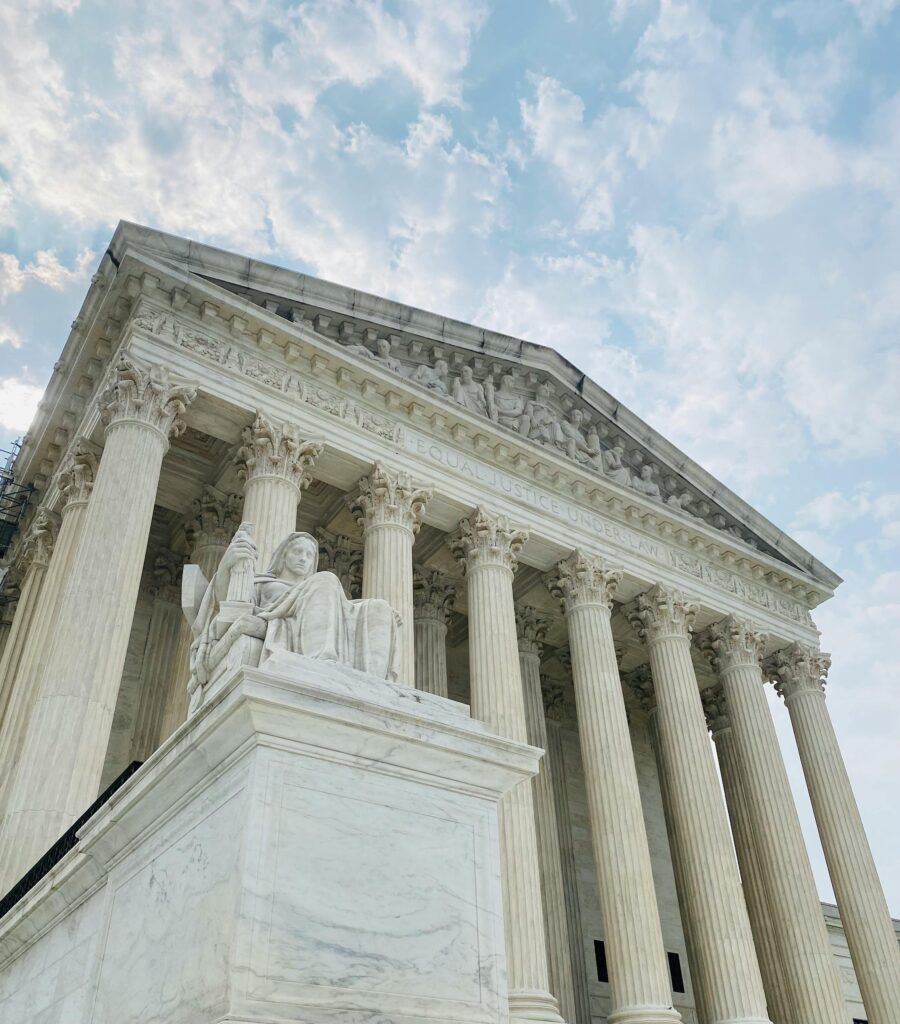The Supreme Court gears up for a pivotal case on the accessibility of the abortion pill, reigniting debates on reproductive rights and healthcare regulations. At the heart of the matter lies mifepristone, a medication used in combination with another drug to terminate early pregnancies. Despite FDA approval in 2000 and its recognized safety and efficacy, recent regulatory adjustments have stirred controversy.
In response to societal needs and advancements in medical understanding, the FDA has progressively eased restrictions on mifepristone. These changes include extending its use up to 10 weeks into pregnancy and permitting mail delivery without in-person consultations. However, legal challenges, primarily led by anti-abortion groups, question the legality of these modifications.

The pending Supreme Court ruling holds significant implications for abortion access nationwide. While the legal battle unfolds, statistics reveal a rising trend in medication abortions, particularly since the Supreme Court’s decision to return abortion regulation to the states in 2022.


